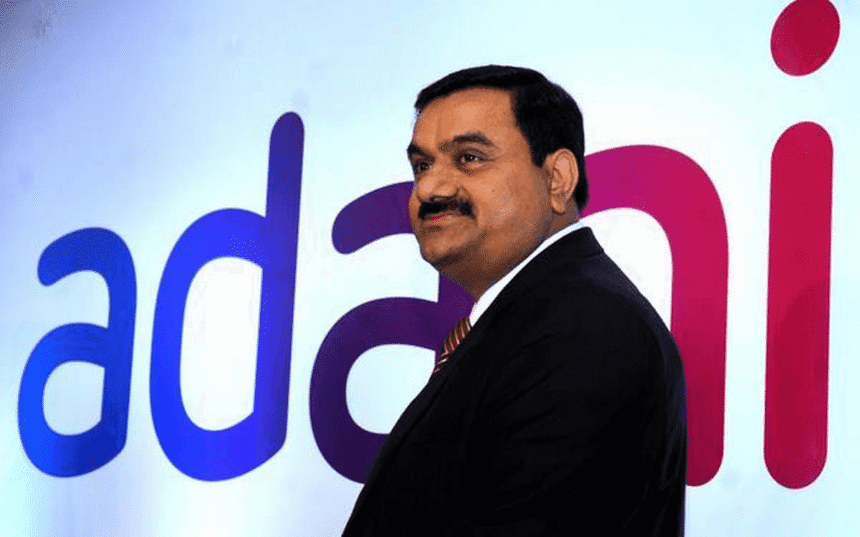The Bombay High Court quashed a sessions court order on Monday that had denied discharging charges against Gautam Adani, chairman of Adani Enterprises, and Managing Director Rajesh Adani, in a case of alleged market regulation violations amounting to Rs 388 crore.
On Tuesday, the Ministry of Information and Broadcasting directed 12 news outlets and independent journalists to remove what it described as defamatory content regarding Adani Enterprises, referencing a Delhi court order from September 6. Among those affected by the removal notices were news platforms such as Newslaundry, The Wire, and HW News, as well as journalists including Paranjoy Guha Thakurta, Ajit Anjum, and Ravish Kumar. Satirist Akash Banerjee and content creator Dhruv Rathee were also included.
The ministry specified that 138 YouTube links and 83 Instagram posts must be taken down. This directive covered not only investigative reports but also satirical content and incidental mentions of the Adani Group. Notices were additionally sent to Meta and Google, which own Instagram and YouTube.
The official notice referred to the September 6 Delhi court ruling, which temporarily prohibited five journalists and three websites from publishing allegedly defamatory material about Adani Enterprises. Named journalists included Guha Thakurta, Ravi Nair, Abir Dasgupta, Ayaskant Das, and Ayush Joshi, while the websites involved were paranjoy.in, adaniwatch.org, and adanifiles.com.au.
Guha Thakurta addressed his supporters on platform X (formerly Twitter), expressing gratitude for their solidarity. He noted that he could not attend a court hearing regarding an interim order initiated by Adani Enterprises due to travel obligations related to a different defamation case involving Adani Power Limited.
Journalist Abhishar Sharma reported that he faced legal action from the Assam government following the Adani defamation case. On Twitter, he shared that he had received removal notices from YouTube concerning all his videos about Adani, as well as those by other journalists like Dhruv Rathee and Ravish Kumar, based on a court order.
According to reports, apart from Guha Thakurta, the other recipients of the ministry’s notices had not been parties in the Delhi court proceedings. The defamation lawsuit was filed by Adani Enterprises, claiming that the statements made by journalists, activists, and organizations had harmed the company’s reputation and cost stakeholders billions.
On September 6, Special Civil Judge Anuj Kumar Singh of the Rohini Courts issued an ex parte injunction favoring the company, ordering the defendants to remove or expunge the disputed material from their articles and social media within five days. An ex parte order is rendered without the input of all parties involved in a legal dispute.
The court clarified that it was not imposing a blanket ban on “fair, verified and substantiated” reporting nor on hosting, storing, or sharing the relevant articles, posts, or webpage links.
The developments highlight ongoing tensions between media freedom and corporate interests in India.
Tags: Adani, YouTube video removal, Instagram post removal, government order, social media regulation
Hashtags: #Govt #orders #removal #YouTube #videos #Instagram #posts #Adani










